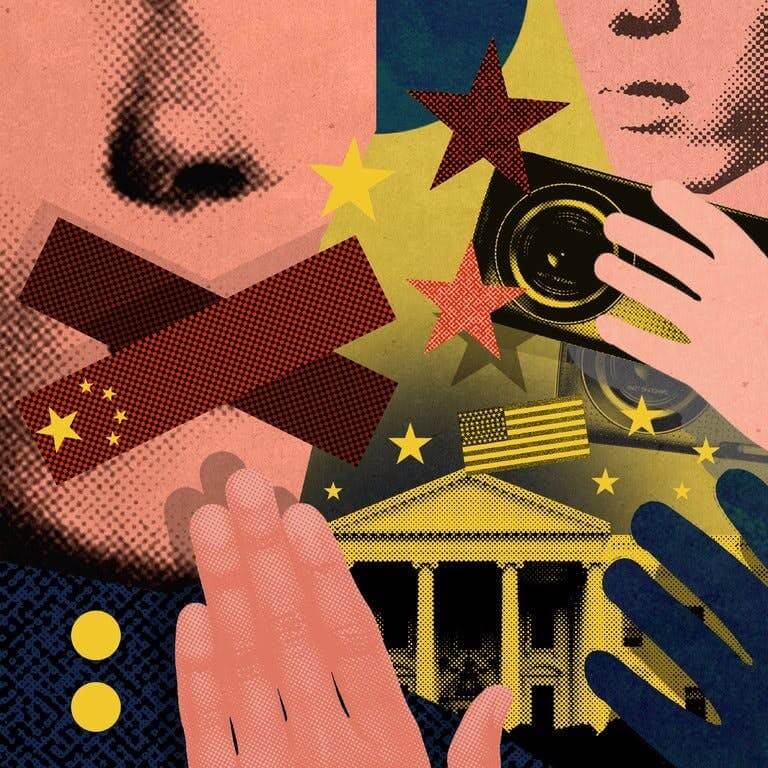I spent nearly seven years in a Chinese prison for being a leader of the 1989 Tiananmen Square protests. I was freed in 1998, and the Chinese government let me leave the country. I chose to go to the United States, where I could freely speak my mind without fear of being thrown in prison.
I earned a doctorate in history in 2009 and took a teaching position in Taiwan. I taught contemporary Chinese history and led a weekly seminar — a “China salon” — of open discussions about Chinese society and politics. Many of the seminar topics, like the 1989 protest movement and political reform, were taboo in the mainland but safe for public discussion in Taiwan.
The salons drew large numbers of mainland students attending Taiwanese universities on exchange programs who were hungry for the truth about China’s past. Many of them wondered about the Tiananmen Square crackdown, for example, because there is little mention of it in China’s history books.
I returned to the United States earlier this year and brought the salons to American universities. Given the long tradition of free speech in the United States, I assumed that the forums would fare even better in America, where some 329,000 Chinese students attend college. I hoped that public discussions of topics off-limits in China might challenge visiting Chinese students and encourage them to embrace Western democratic values.
Read the full article here.
